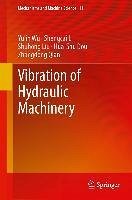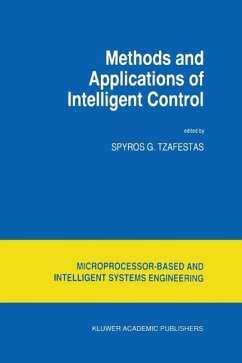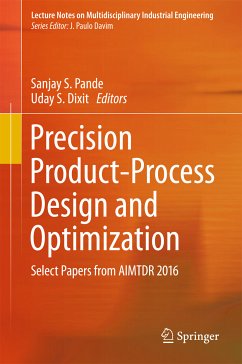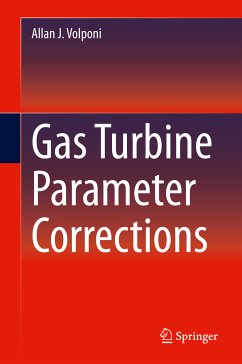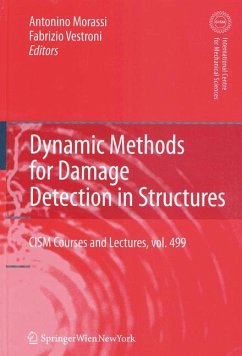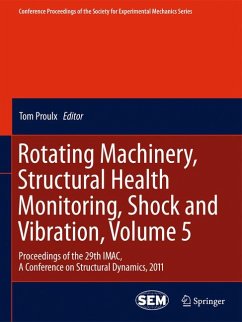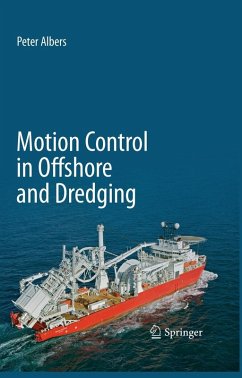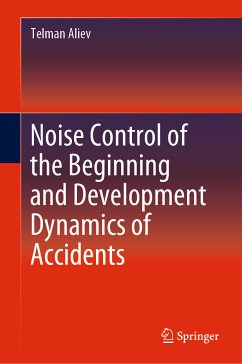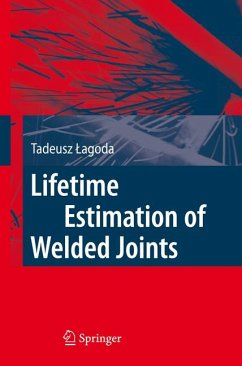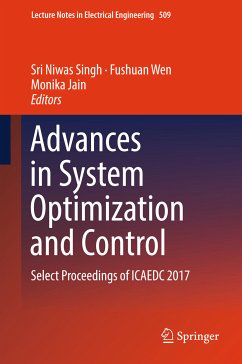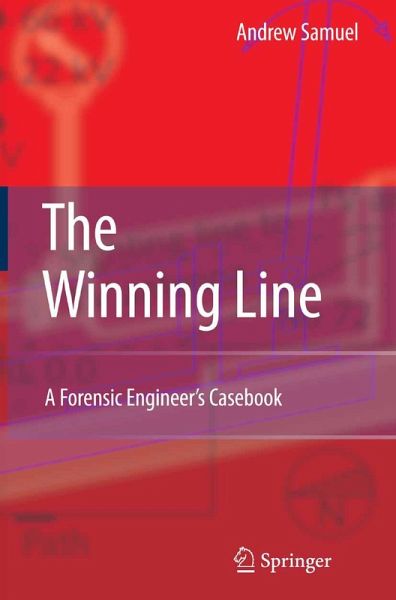
The Winning Line (eBook, PDF)
A Forensic Engineer's Casebook
Versandkostenfrei!
Sofort per Download lieferbar
40,95 €
inkl. MwSt.
Weitere Ausgaben:

PAYBACK Punkte
20 °P sammeln!
Engineering litigation is rarely about who is right or who has been wronged. It hinges mostly on which side develops and secures a winning line of argument that will, at worst, persuade a ruling body to settle the litigation in their favour or, at best, dissuade the other side from proceeding with the litigation. Expert witnesses can add substance and credibility to the formalised litigation drama. This book provides a range of case examples that expert witnesses and underwriters can use to plan future litigation work and to develop their own winning lines of arguments. These examples are base...
Engineering litigation is rarely about who is right or who has been wronged. It hinges mostly on which side develops and secures a winning line of argument that will, at worst, persuade a ruling body to settle the litigation in their favour or, at best, dissuade the other side from proceeding with the litigation. Expert witnesses can add substance and credibility to the formalised litigation drama. This book provides a range of case examples that expert witnesses and underwriters can use to plan future litigation work and to develop their own winning lines of arguments. These examples are based on the author's 30-year experience in engineering litigation and include. Students of forensic engineering and risk engineering will find the book's cross-disciplinary approach an ideal introduction to the subject.
Dieser Download kann aus rechtlichen Gründen nur mit Rechnungsadresse in A, B, BG, CY, CZ, D, DK, EW, E, FIN, F, GR, HR, H, IRL, I, LT, L, LR, M, NL, PL, P, R, S, SLO, SK ausgeliefert werden.



